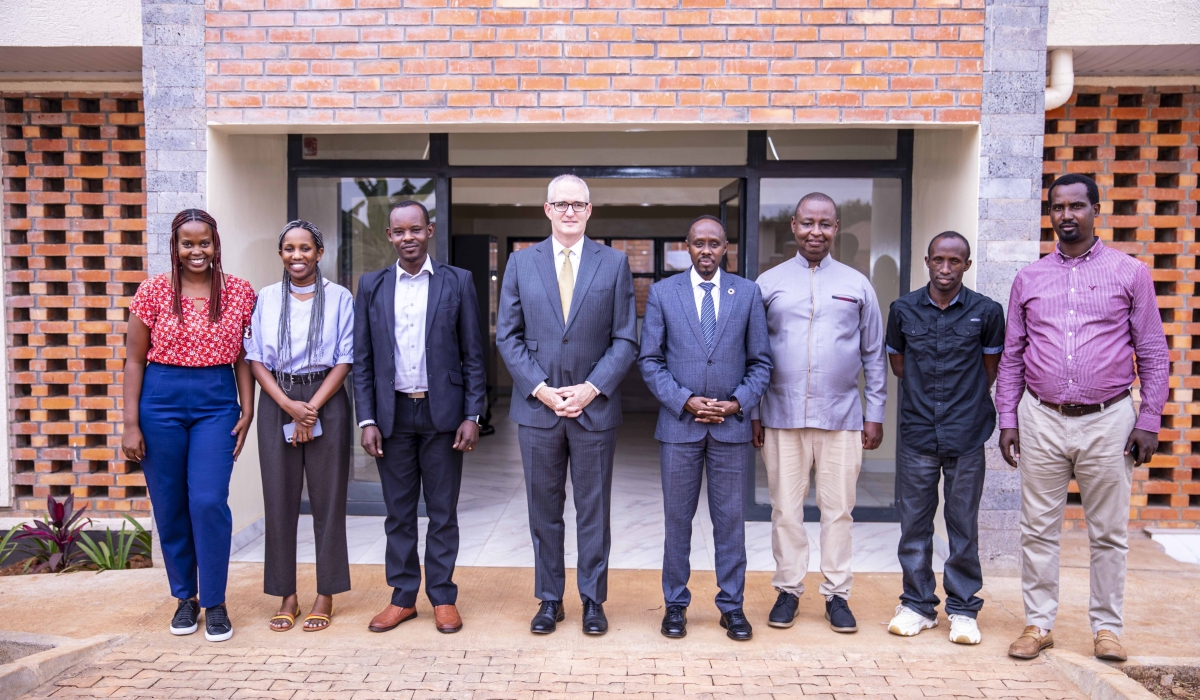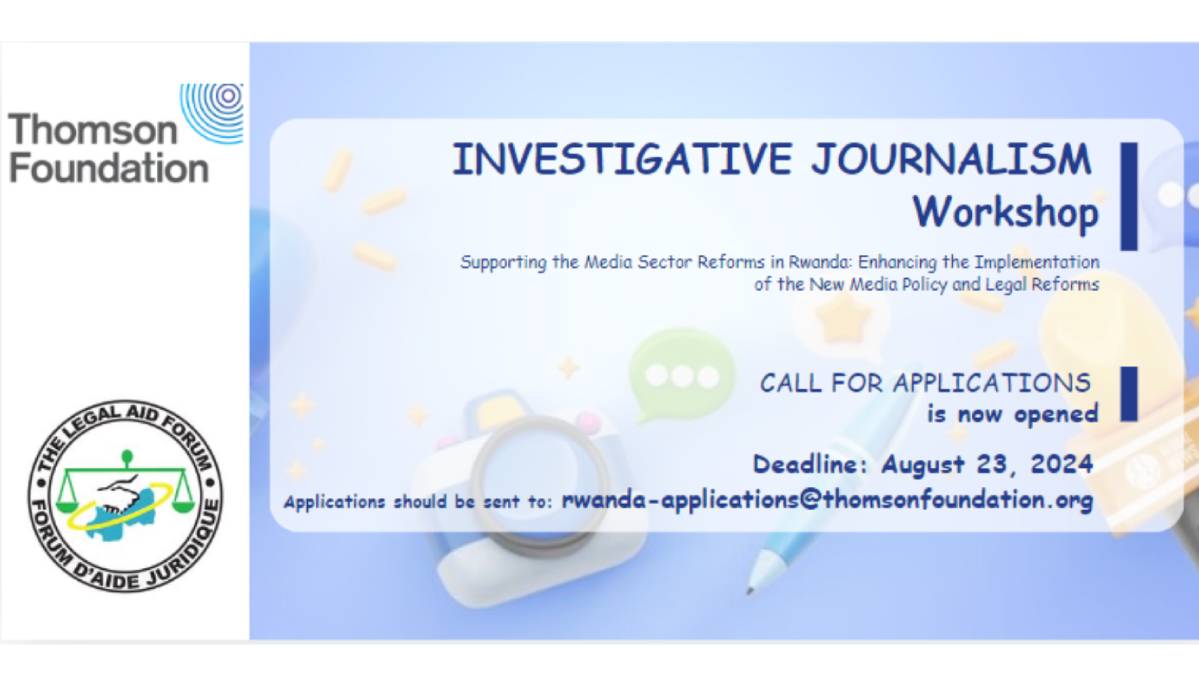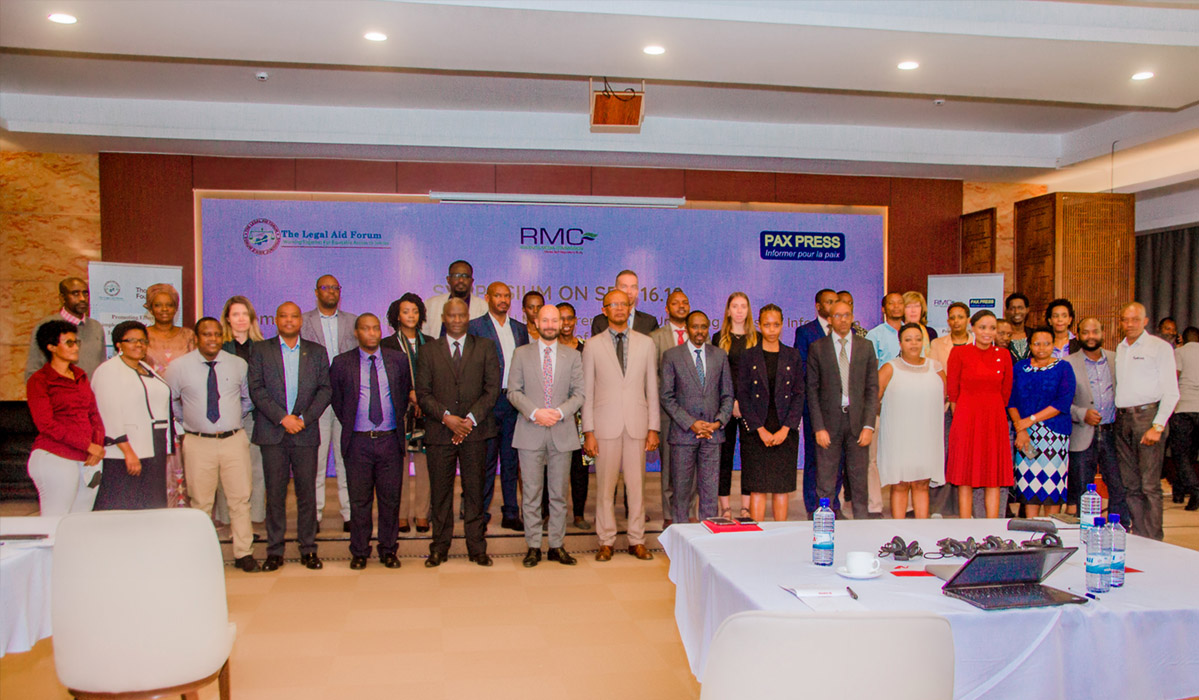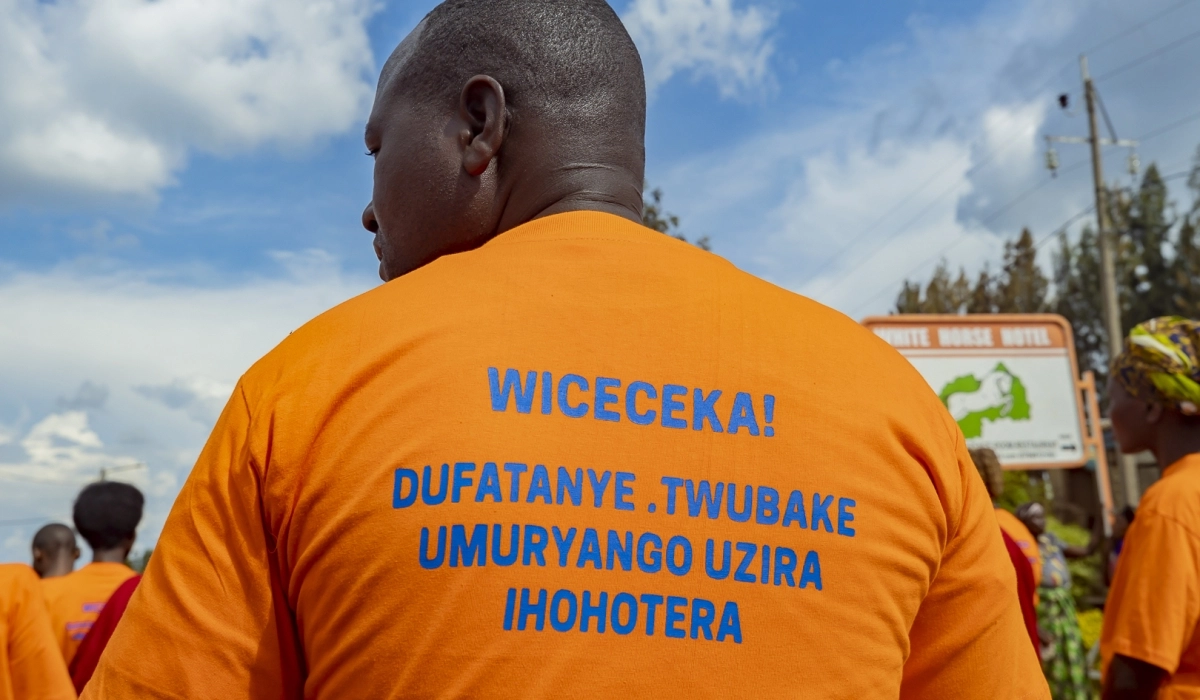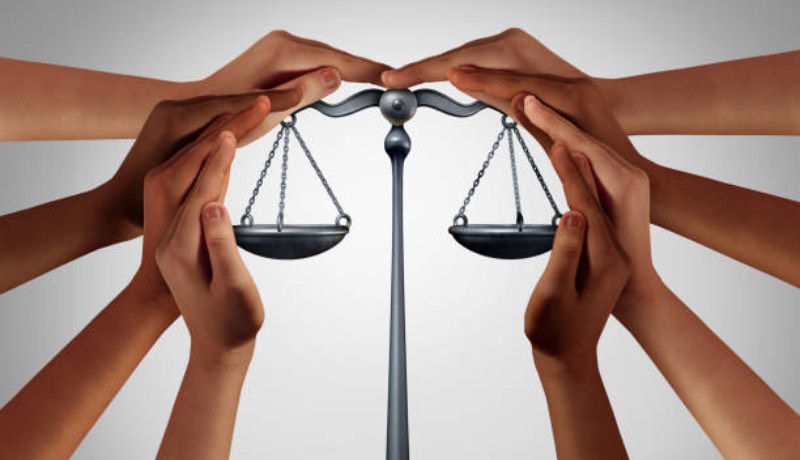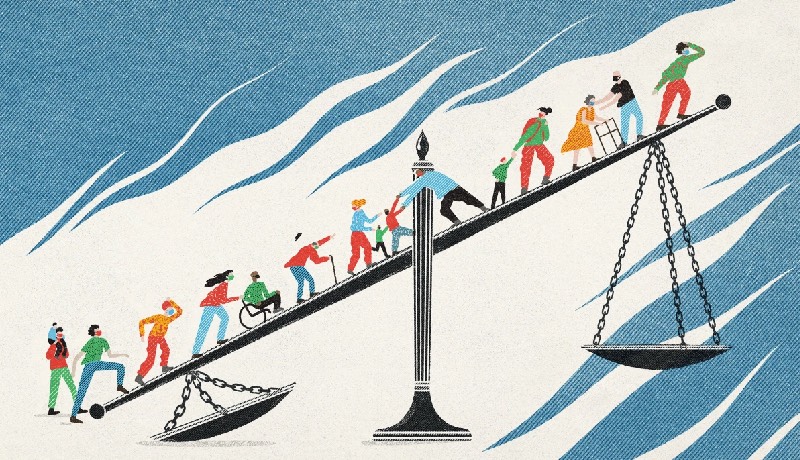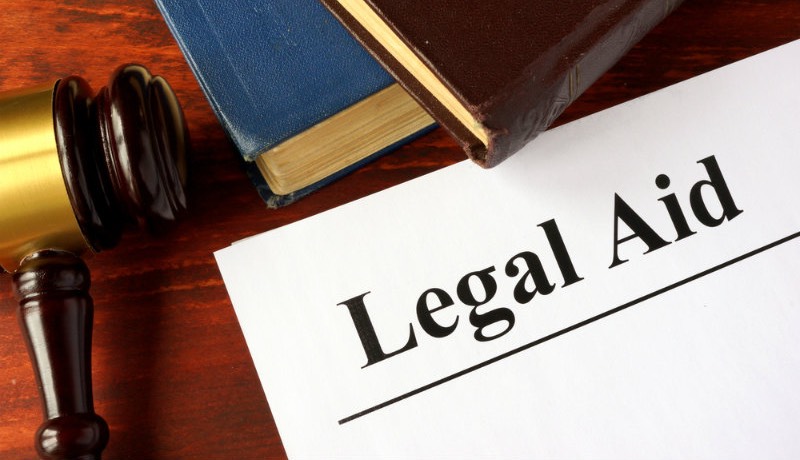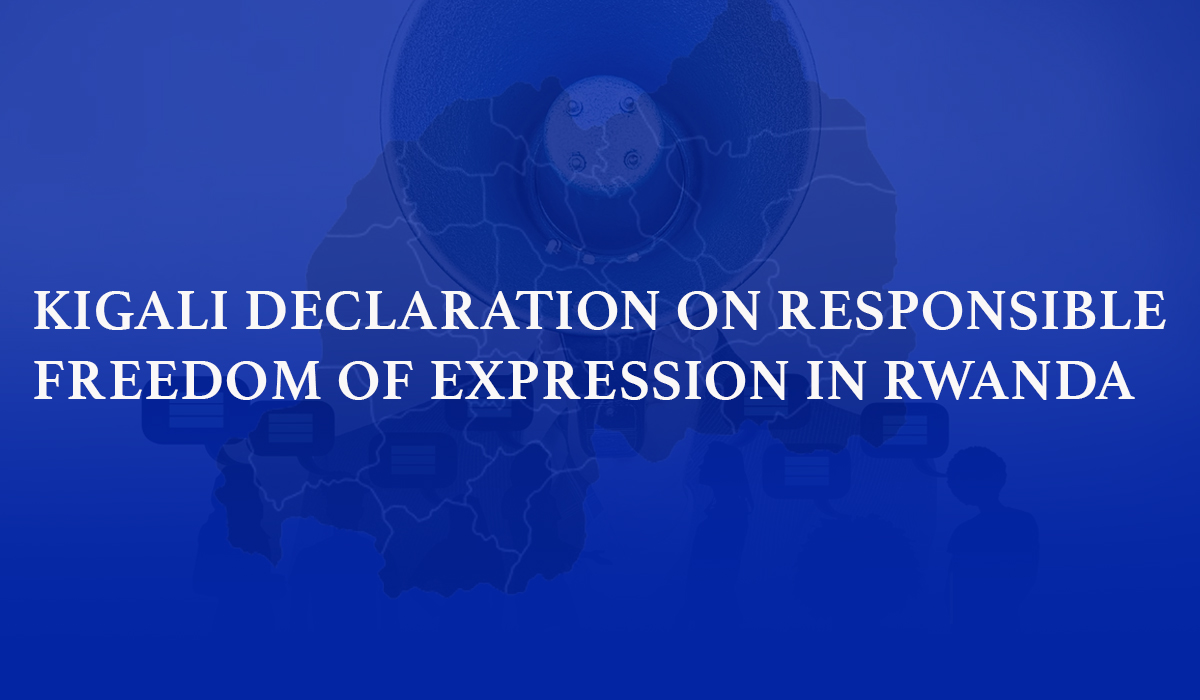
Kigali Declaration on Responsible Freedom of Expression in Rwanda
Preamble
We, the participants in the awareness-raising workshop on digital media literacy and responsible freedom of expression, held in Kigali on 10th July 2025, comprising representatives from media houses, civil society, government institutions, academia, legal professionals, community leaders, and development partners;
RECOGNISING the constitutional and international guarantees of the right to freedom of expression, access to information, and media freedom in Rwanda;
RECGNIZING the vital role of the digital media in upholding freedom of expression and promoting access to information;
RECOGNISING that misinformation and disinformation pose complex challenges that require coordinated, inclusive, and sustained action.
AFFIRMING that these rights are cornerstones of democracy, good governance, civic engagement, and sustainable development;
ACKNOWLEDGING the challenges posed by misinformation, disinformation, hate speech, online harassment, and unethical content circulating across digital and traditional platforms;
CONCERNED about persistent gaps in digital media literacy, limited public understanding of legal protections and responsibilities related to freedom of expression, and insufficient awareness of ethical standards in media practice;
APPRECIATING the efforts of the Legal Aid Forum and the Rwanda Media Commission in advancing a culture of informed, ethical, and responsible freedom of expression;
HEREBY DECLARE THE FOLLOWING RESOLUTIONS:
1. On Digital Media Literacy and Public Awareness
- Support the development and adoption of a Media and Digital Literacy Policy that empowers ordinary citizens, particularly youth, with critical thinking and digital navigation skills.
- Promote nationwide public education campaigns that demystify freedom of expression, clarify citizen responsibilities, and encourage positive digital engagement.
- Encourage integration of media literacy into outreach programs, academic/training institutions, media outlets, and community dialogues led by civil society and media institutions.
- Equip educators, journalists, content creators, and community leaders with tools and training to counter misinformation and foster a culture of truth and accountability.
2. On Media Ethics and Professionalism
- Commit to upholding the highest standards of media ethics, accuracy, objectivity, and fairness, especially in the digital information age.
- Strengthen capacity-building initiatives for journalists and content creators in ethical reporting, fact-checking, and investigative journalism.
- Encourage full adherence to the Rwanda Media Self-Regulatory Framework and promote redress through media ombudsman mechanisms in the event of violations.
3. On Legal Frameworks and Access to Information
- Recognize that a strong understanding and application of legal protections and obligations relating to freedom of expression are essential for a just society.
- Promote full implementation and public awareness of the Access to Information Law across all public institutions to foster transparency and civic trust, by building the capacity of duty bearers to better comply with the law.
- Foster collaboration among judicial, legal, and media actors to prevent the criminalization of journalistic work and promote mutual understanding of rights and responsibilities.
- The access to information duty bearers, mainly public institutions, should adopt a proactive approach to information sharing to help curb the rapid spread of rumors and fake news.
4. On Content Regulation and Platform Accountability
- Enhance multi-stakeholder collaboration among regulators, digital platforms, civil society, and media actors to co-develop standards that prevent harmful content without infringing on legitimate expression.
- Reinforce self-regulation mechanisms for both mainstream and online media, with clear codes of conduct, community guidelines, and transparent redress procedures.
- Urge social media platforms to improve content moderation in local languages and engage proactively with Rwandan stakeholders.
5. On National Unity, Reconciliation, and Safe Digital Spaces
- Harness the power of media to reinforce social cohesion, peacebuilding, and reconciliation by rejecting hate speech, genocide ideology, and divisionism.
- Promote safe, inclusive, and respectful digital spaces, especially for specific groups such as women, youth, and persons with disabilities.
- Encourage content that fosters fact-based dialogue, respect for diversity and narratives that uplift the common good.
6. Call to Action and Commitment
- The Government of Rwanda to consider the urgent need to establish and implement a Media and Information Literacy Policy (MIL), in close consultation with all stakeholders.
- Encourage Media development partners to invest in initiatives that address digital and legal literacy gaps across all segments of the population.
- Urge all citizens to embrace their individual and collective role in building a responsible, rights-based, and resilient public sphere, both online and offline.
Conclusion
Together, we envision a Rwanda where every citizen is empowered to access, interpret, and share information with integrity, contributing to a digitally literate society that upholds the values of Ndi Umunyarwanda, critical thinking, and mutual respect in the digital age.
United in purpose and guided by the shared values of integrity, transparency, and inclusion, we adopt this Declaration as a living commitment to advancing responsible freedom of expression in Rwanda. We affirm that through collective action, ethical practice, and open dialogue, Rwanda can continue to build a vibrant, informed, and democratic society.
Adopted in Kigali, Rwanda On this day, 10th July, 2025.
APPENDIX: LIST OF PARTICIPATING INSTITUTIONS
|
No |
Institution |
|
1. |
Legal Aid Forum |
|
2. |
Rwanda Media Commission |
|
3. |
City of Kigali |
|
4. |
Ministry of Local Government |
|
5. |
Ministry of ICT and Innovation |
|
6. |
Rwanda Utilities Regulatory Authority |
|
7. |
Rwanda Investigation Bureau |
|
8. |
Rwanda National Police |
|
9. |
National Cyber Security Authority |
|
10. |
Rwanda Governance Board |
|
11. |
Rwanda Information Society Authority |
|
12. |
Association Rwandaise des Femmes des Médias |
|
13. |
Association des Journalistes du Rwanda |
|
14. |
Never Again Rwanda |
|
15. |
Hope Iwacu Initiative |
|
16. |
Rwanda Information Society Authority |
|
17. |
US EMBASSY |
|
18. |
Foreign, Commonwealth & Development Office |
|
19. |
FOJO Media Institution |
|
20. |
Embassy of Sweden |
|
21. |
European Union Delegation |
|
22. |
Great Lakes Initiative for Human Rights and Development |
|
23. |
Ministry of Justice / Maison d’Accès à la Justice |
|
24. |
Intego Media |
|
25. |
Ijabo |
|
26. |
Rwanda Dispatch |
|
27. |
The Bridge Magazine |
|
28. |
Radio Ishingiro |
|
29. |
SciDev |
|
30. |
Ukwezi |
|
31. |
Fine FM |
|
32. |
Authentic Radio/TV |
|
33. |
Fezaa |
|
34. |
Journal Imanzi |
|
35. |
Amahoro TV |
|
36. |
Strong ltd |
|
37. |
Capital FM |
|
38. |
Amarembo TV |
|
39. |
Impuruza |
|
40. |
Journal Amahoro |
|
41. |
BTN TV |
|
42. |
Itabaza |
|
43. |
Radio Agasaro Kaburaga |
|
44. |
The Newtimes |
|
45. |
Zaburi Nshya |
|
46. |
DC TV Rwanda |
|
47. |
Radio Isangano |
|
48. |
Le Canapé |
|
49. |
Hanga News |
|
50. |
Umuseke |
|
51. |
Taarifa |
|
52. |
TV1 |
|
53. |
Isibo TV/Rwanda |
|
54. |
Paxpress |
|
55. |
KT Press |
|
56. |
Rebero.rw |
|
57. |
Radio Salus |
|
58. |
Image Reporter News |
|
59. |
Umusanzu News |
|
60. |
Amahumbezi News |
|
61. |
Panorama |
|
62. |
B&B Kigali FM |
|
63. |
Impamo |
|
64. |
Radio & TV 10 |
|
65. |
Imvaho Nshya |
|
66. |
Ibigwi TV |
|
67. |
Rwanda Inspirer |
|
68. |
Flash TV/FM |
|
69. |
Isango Star |
|
70. |
Igisabo.rw |
|
71. |
Rwanda Broadcasting Agency |
|
72. |
IGIHE |


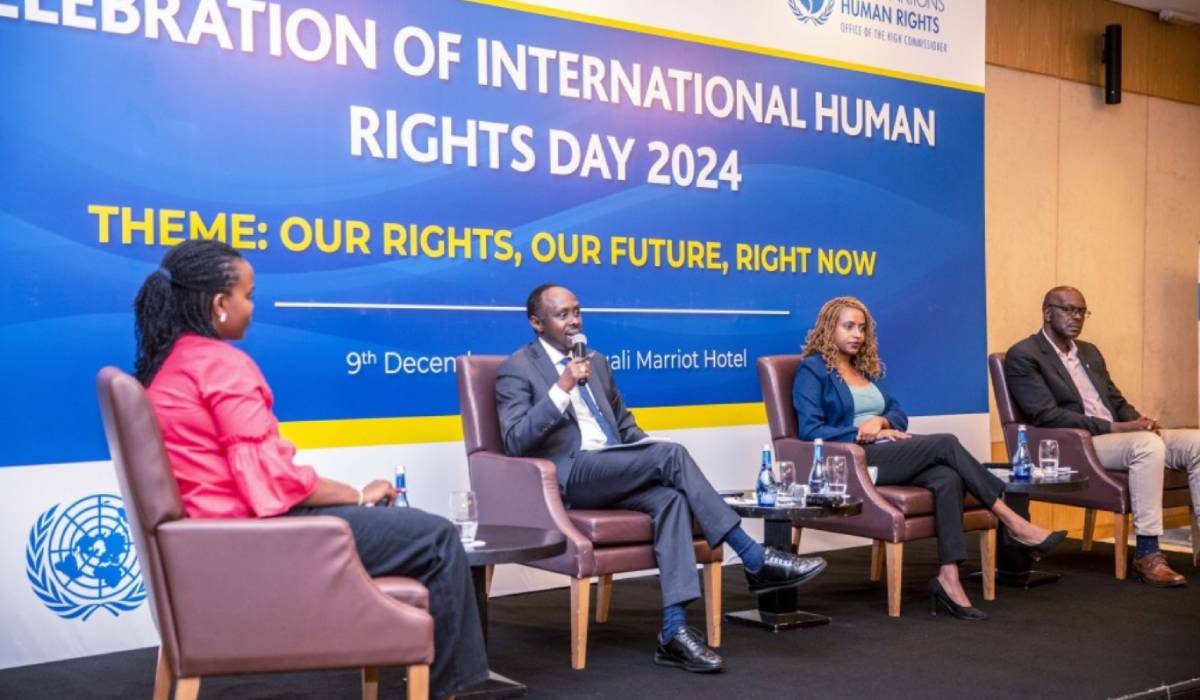
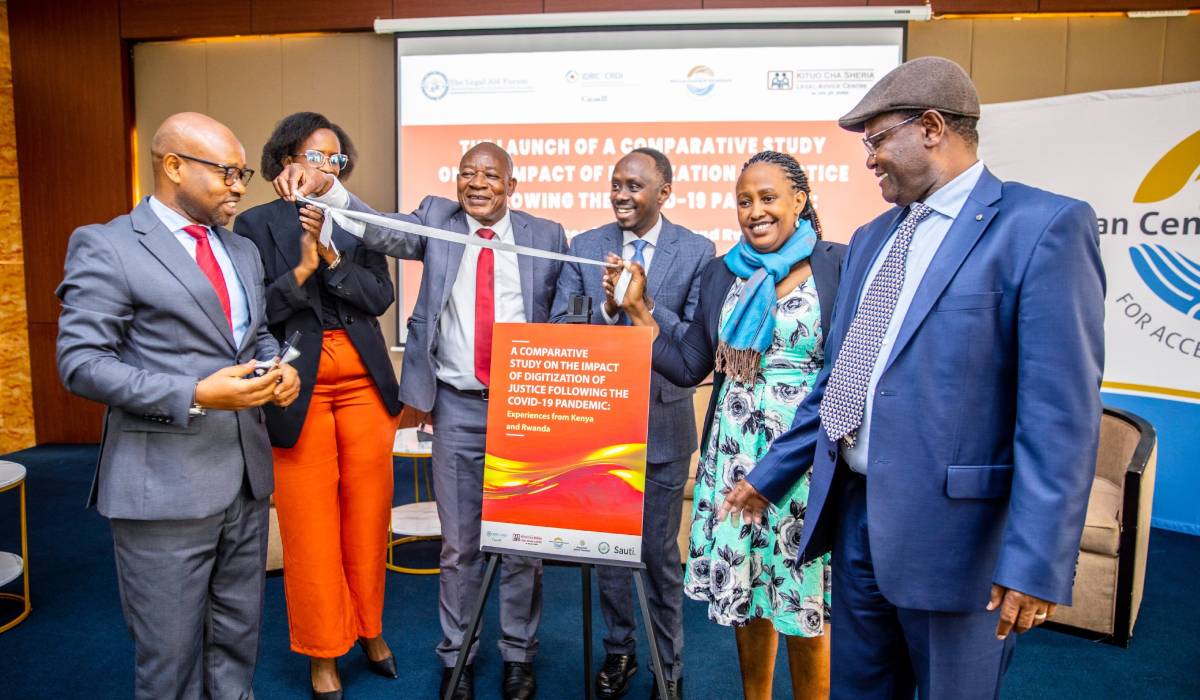
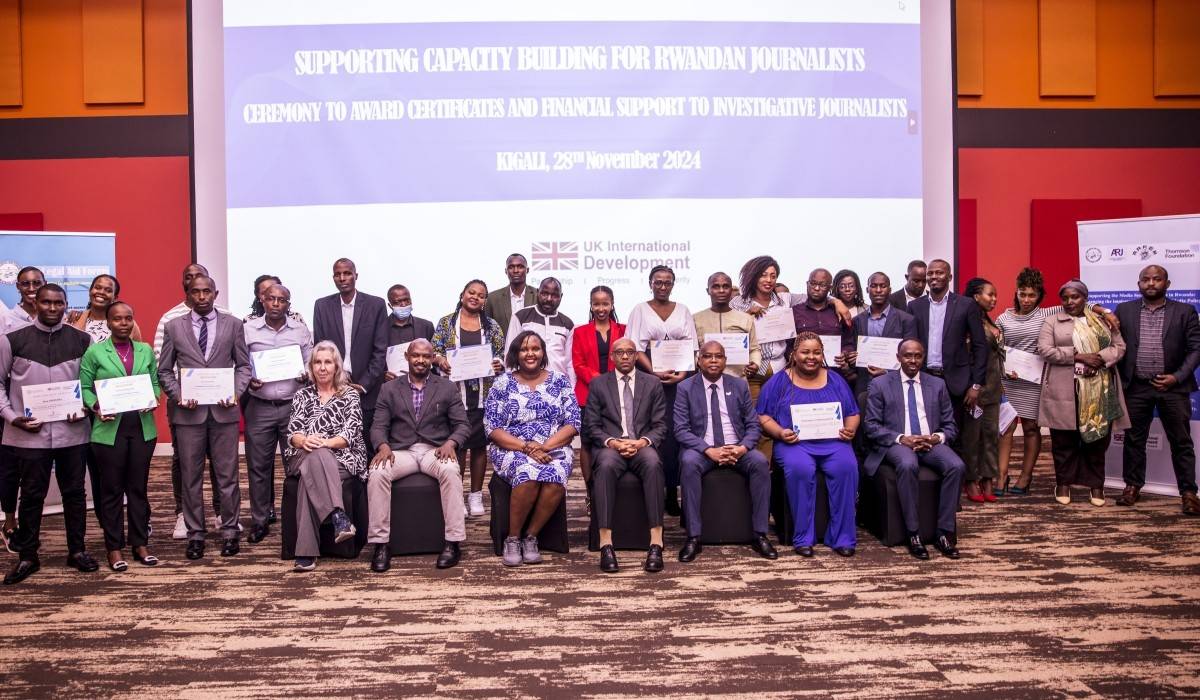
.jpg)
